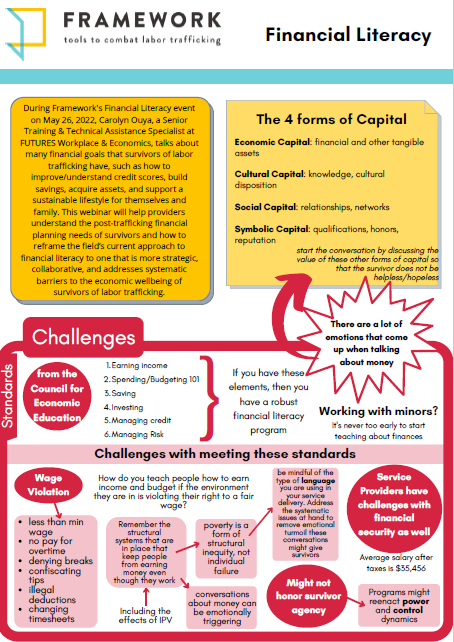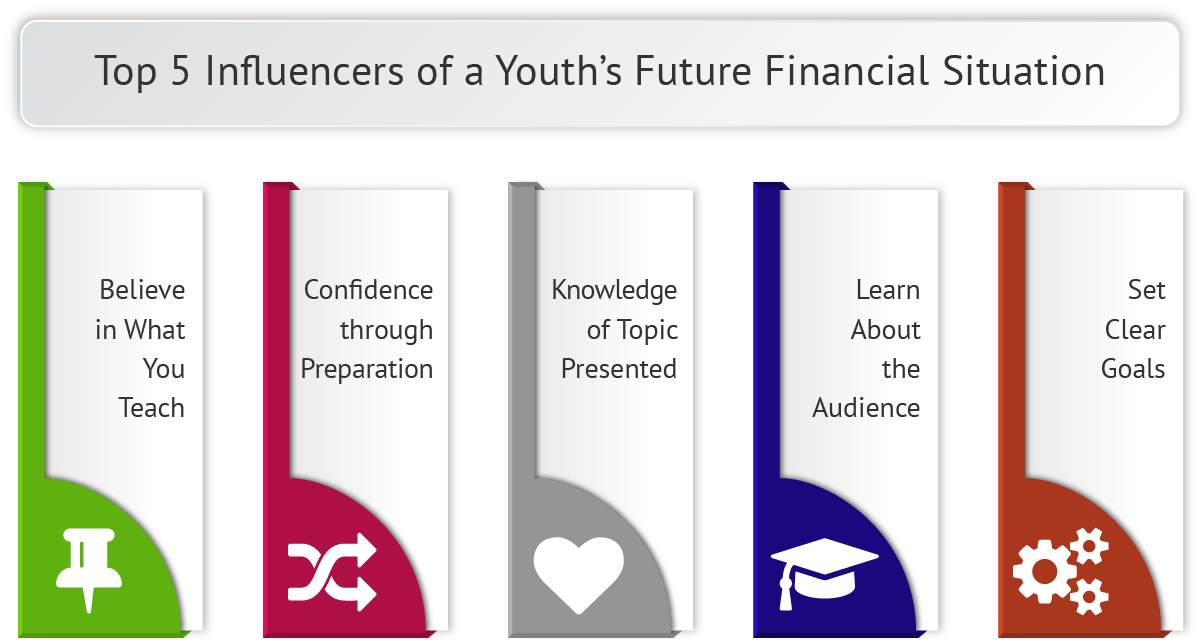In today’s rapidly evolving tech-driven world, financial literacy is more important than ever. From managing investments to navigating digital currencies, having a strong understanding of financial concepts is crucial for success. In this article, we will explore why financial education matters and discuss key takeaways for those looking to improve their financial knowledge.
The Importance of Financial Education
Financial education is essential for individuals at every stage of life. Whether you are a recent college graduate starting your first job or a seasoned professional looking to grow your wealth, understanding financial principles can help you make informed decisions and secure your financial future.
With the rise of digital technology and online banking, it has become easier than ever to manage your finances. However, this increased accessibility also comes with new challenges, such as cybersecurity threats and a rapidly changing financial landscape. By investing in financial education, you can stay ahead of these trends and protect yourself from potential risks.
Key Takeaways for Improving Financial Literacy
1. Start with the Basics
Before diving into complex financial topics, it is important to establish a strong foundation of basic financial knowledge. This includes understanding concepts such as budgeting, saving, and investing. By mastering these fundamentals, you can build a solid financial plan that aligns with your goals and values.
2. Stay Informed
The world of finance is constantly changing, with new technologies and trends emerging every day. To stay ahead of the curve, it is essential to stay informed about current events and market developments. By reading financial news, attending seminars, and following industry experts, you can deepen your understanding of the financial landscape and make more informed decisions.
3. Consider Your Long-Term Goals
When developing a financial plan, it is important to consider your long-term goals and aspirations. Whether you are saving for retirement, buying a home, or starting a business, having a clear vision of your financial future can help you make strategic decisions and stay on track with your objectives.
4. Seek Professional Advice
While self-education is important, seeking advice from financial professionals can also provide valuable insights and guidance. Whether you are looking for investment advice, tax planning strategies, or retirement planning services, working with a financial advisor can help you navigate complex financial decisions and achieve your goals more efficiently.
Conclusion
Financial education is a vital component of success in today’s tech-driven world. By investing in your financial knowledge and staying informed about current trends, you can make more informed decisions, protect yourself from risks, and achieve your long-term goals. Remember to start with the basics, stay informed, consider your long-term goals, and seek professional advice when needed. With a solid understanding of financial concepts, you can build a secure financial future and thrive in the digital age.









